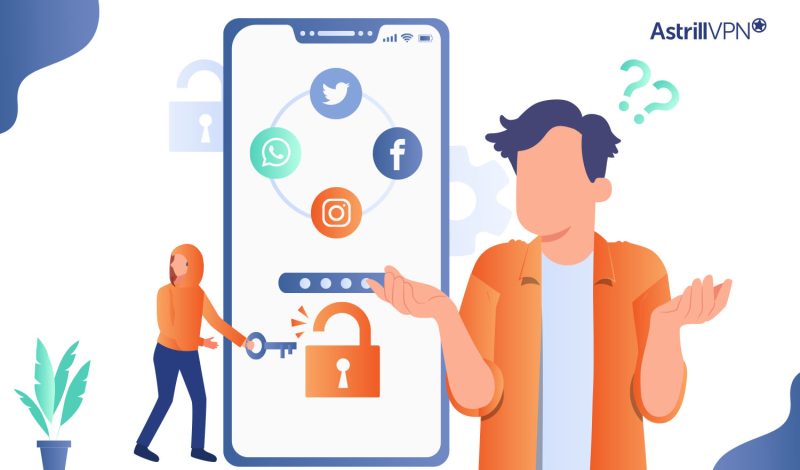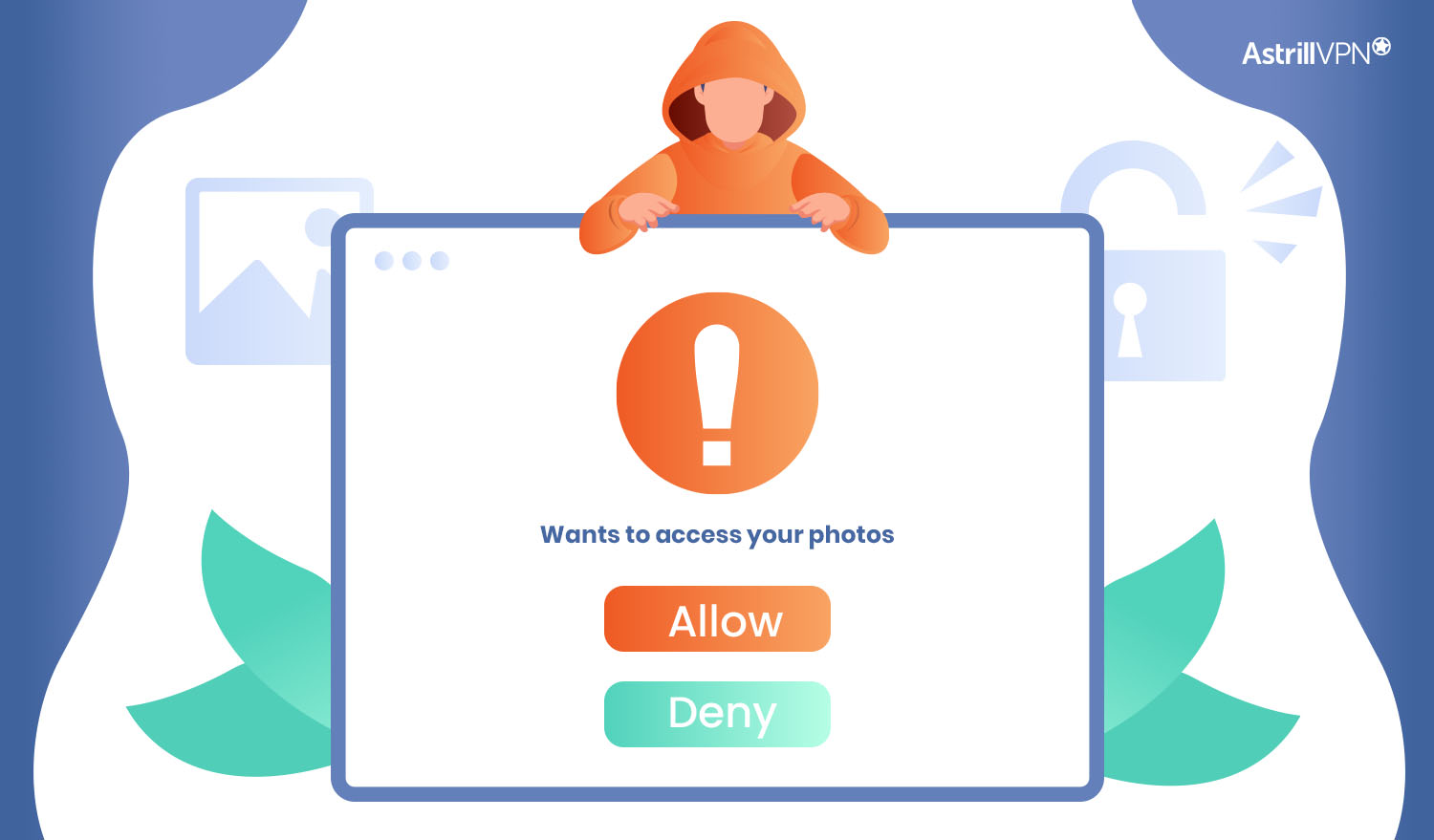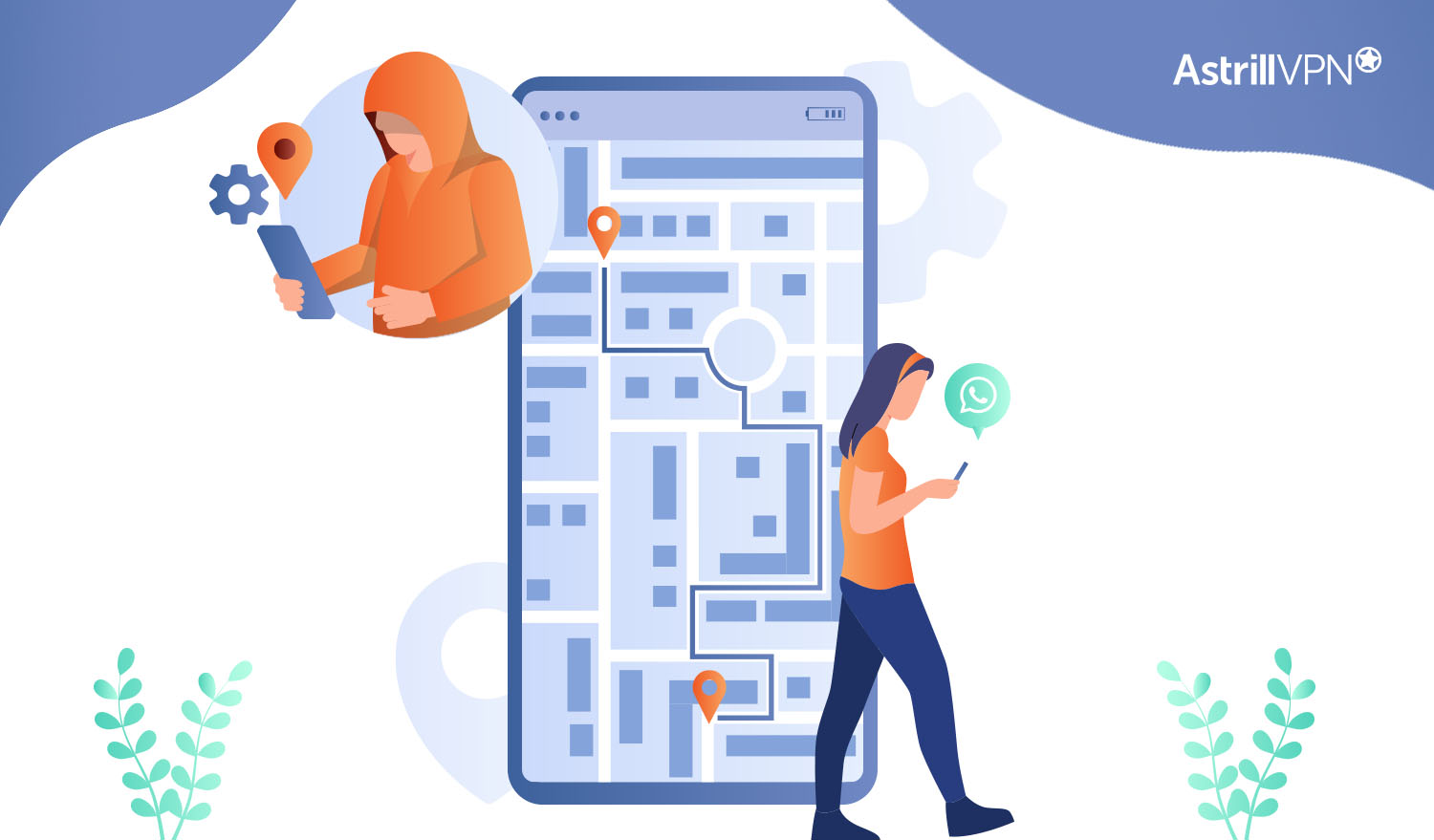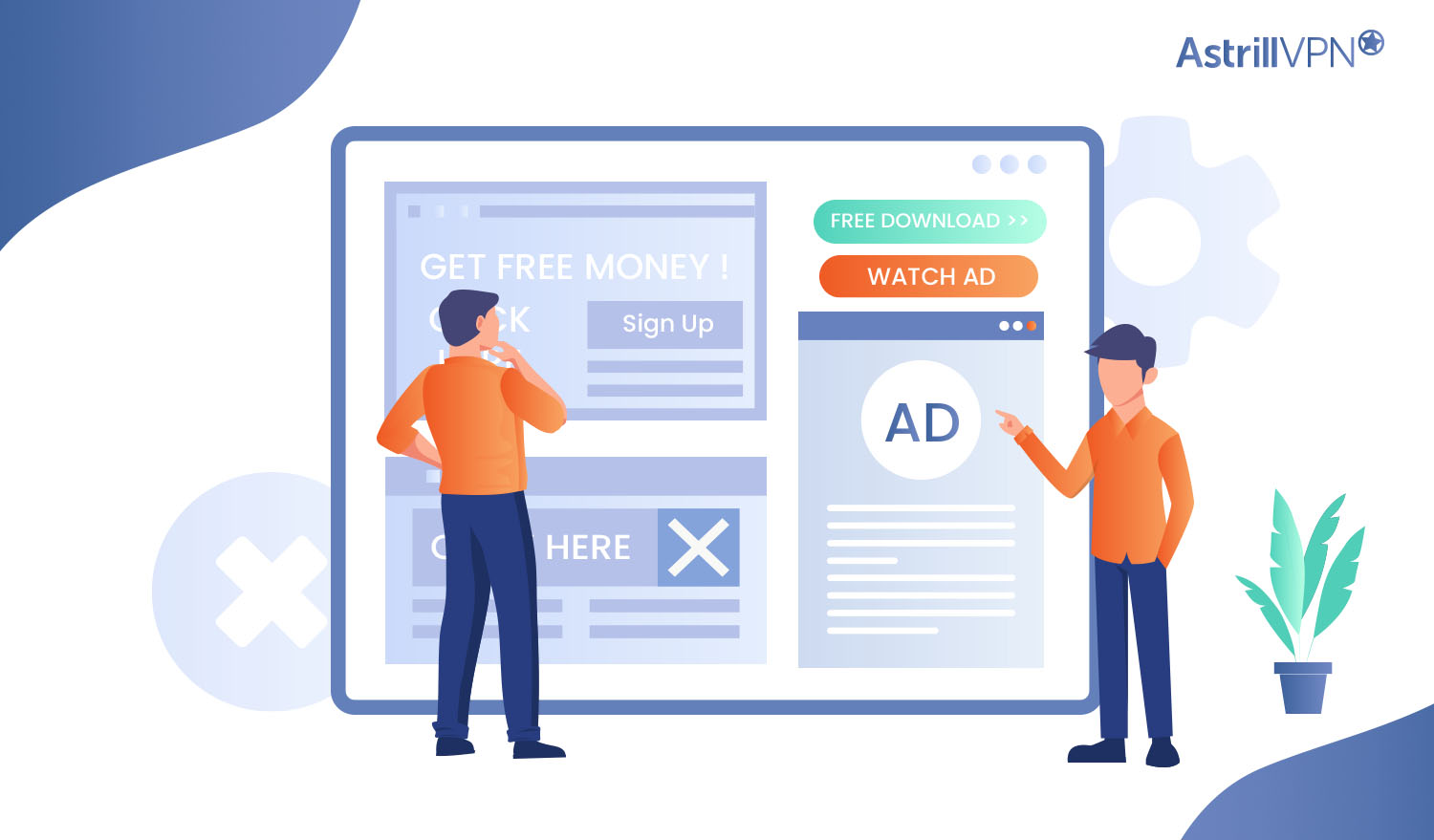Common Social Media Privacy Issues That You Should Know About

Bisma Farrukh

There’s a famous saying that says, “all that glitters isn’t gold”. That’s truly the case when it comes to Social Media. While Social Media has provided people a platform to connect with others and build an audience to earn a decent livelihood, there’s also a dark side.
Cyberattacks are on the rise. Social Media has enabled many people to put themselves out there, making them vulnerable to security threats. Since social media keeps track of our data all the time, you need to take steps to protect your privacy.
Social media platforms collect your personal information to provide personalized ads, but at what cost? The cost of your privacy. Cyber threats will be around forever, and as technologies keep evolving, so will these threats. Consumers and businesses must stay vigilant.
The Facebook-Cambridge Analytica scandal also sparked significant controversy, with users expressing growing concerns for privacy and safety online.
Table of Contents
What Kinds of Data Does Social Media Collect?
Users who sign up on social media leave a digital footprint behind. These apps access the user’s data upon accepting the terms and conditions. Companies collect their data by tracking cookies and geofencing. These are the major types of data that companies usually collect about people:
Personal Information
This information includes your first and last name, email address, phone number, and living location. They also collect your educational background and employment history if you’ve shared it online. They can even gain information about your hobbies, the religion you follow, your relationships, and your political views.
Location
They can see where you live and the different places you’ve checked into. They know which places you visit frequently and the kinds of people you go with. They can access this information even if you have your location turned off.
Behavioral Data
Companies use social media to study consumer behavior and buying patterns. What gets them to take a particular action, whether purchasing a product, visiting a website, or reading a blog? It gives an insight into a customer’s patterns.
It offers companies a clear picture of their interests and actions so that they can tailor it to make ads and recommendations to that particular user. This data includes:
Engagement: This includes the posts that users like, share, and post. They use the platforms to determine which content is more popular and engaging for users, and they use this information to share the content that interests the user.
Search behavior: Companies can collect data on the keywords and search results from the user searches on the platform. It gives them an idea of the most relevant search results and recommends content that interests the user more.
Purchase behavior: If you’re online shopping, companies can track the products that appeal to you and that you purchase the most. Then, they can recommend products you’re more likely to buy and target ads for those products.
Attitudinal Data
This data refers to data collected to track users’ feelings, emotions, and beliefs. This data shows how users perceive social media posts or other content. Ways that companies collect attitudinal data include:
- Surveys
- User-generated content
- Emojis and reactions to specific content
- Hashtags used
- User preferences
- Sentiment analysis
It is important to note that Attitudinal data is much more complex to track than behavioral data and users’ personal information. Since they are subjective, they can be challenging to analyze. Social media sites are not always honest about how they use this data and what they plan to do with it.
It is important to note that Attitudinal data is much more complex to track than behavioral data and users’ personal information. Since they are subjective, they can be challenging to analyze. Social media sites are not always honest about how they use this data and what they plan to do with it.
Metadata
Companies use metadata to create precisely targeted user ads and improve their services. Metadata is data that includes:
- IP address: to determine the user’s location and to provide content and advertisements that are familiar to that location.
- Referral data: If users come to the platform from an external source, like a Google search, the platform can track where users find their services.
- Interactions: Social media sites can track how long a user watches a video, reads a blog, or stays on a website (and which page they stayed on the most) to understand user behavior better.
- Cookies: Metadata is stored in cookies, and social media sites use cookies to collect information about user preferences, shopping patterns, device specifications, and search history. This data is used to personalize and offer the best user experience.
Different social media platforms use all the data mentioned above for various purposes. Companies use the data to collect to present personalized ads, understand and analyze the market and then recommend posts to you accordingly. They also use this information to find out the interests and preferences of their customers so that they can tailor their products and services accordingly.
Common Privacy Violations on Social Media
Now that we know how risky social media can be, it’s good to know the most common ways social media uses to collect your data and violate your privacy. Using social media seems harmless, and when they ask for permission to use your microphone or photos, you might not even overthink it, but you should. It is just one of the ways they use to collect information about you. Let’s go over the others in detail. Stay safe.
1. App Authorizations
As we briefly mentioned, we often mindlessly let applications gain access to our speakers, microphones, and cameras. It feels convenient to brush off these requests, but they, too, come with a price. You must be mindful and realize it is worth compromising your privacy and security to avoid a slight inconvenience. Not every app needs to get access to your data. For example, why does it need access to your microphone if you’re using a food delivery app?

2. Identity Theft
Fraudsters don’t require much information to steal someone’s data. When they have all the information that they need publicly available, they win. They can use usernames, email addresses, and phone numbers to target users through phishing.

3. Location Settings
An app’s location settings can track your location quickly. Even if you turn it off, there are still ways somebody can follow it. Scammers can use your IP address to track your area if you’re using Public WiFi or any other websites. To avoid this situation, use a VPN to browse securely so your location isn’t found.

4. Fake Ads
Shopping scams have increased significantly, even more so ever since online shopping became more common in the wake of the COVID’19 pandemic. One of the most common ways cybercriminals can steal your data is to post a malicious link under the guise of a social media ad. The user clicks on the ad thinking it will take them to their desired location, but instead, it gives the fraudster access to their device and their data and can infect their computer with malware.

5. Botnet Attacks
Bots are automated social media accounts that spam other social media users. They can send malicious links to other users. When they get together, they become a Botnet (Bot Network) that can carry out DDoS attacks and give criminals access to users’ personal information, accounts, and devices. Cybersecurity and built-in security features can help prevent Botnet attacks.
6. Third-party Data Sharing:
In this digital age, the practice of sharing data with third parties has become a common concern. Safeguarding sensitive information is paramount to protect privacy and prevent misuse. This is why a website privacy policy is so important. Legal policies tell you a lot about a business’s data collection practices, including whether it shares data with external entities. Learn about the risks and benefits associated with third-party data sharing to make informed decisions.
7. Harassment and Cyberbullying:
The rise of online interactions has unfortunately brought about a surge in harassment and cyberbullying incidents. Understanding the impact of these harmful behaviors is crucial in creating a safer and more inclusive online environment. Explore ways to combat harassment and cyberbullying effectively to promote digital wellness and respect.
How To Protect Your Privacy on Social Media
There’s no guarantee that social media will protect your privacy. There will always be a risk. The more you share, the more at risk your data can be. We understand that it can be challenging to navigate life without a social media presence today since it serves so many purposes.
We can, however, guide you into taking the necessary steps to protect your privacy online. It’s always good to prepare for the worst outcome; your privacy is the most important. If that’s compromised, then you will always be vulnerable. We must avoid that at all costs.
Don’t Share Everything On Social Media
Social media enables you to share all kinds of information about yourself online. They’ve created the “About Us” section so you can share information about yourself. However, you can share some things. Just because some fields are available to add to your details doesn’t mean you have to fill them. Whether that be your email or your phone number, you can keep it to yourself. Even simple information like this would enable hackers to trace your whereabouts easily.
Create Strong Passwords
Creating unique and strong passwords can also help tackle this issue. The biggest mistake you can make is using the same password for every social media account. If a hacker gets a hold of your password, your social media accounts will be compromised.
Two Factor Authentication
Use two-factor authentication. Most social media applications now have this feature. To log in to your account, you will be sent a unique code on your phone number or email address. They’re secure as the code only lasts for a few seconds. They’re also strong because you need to be on a suitable device to access the code, which is impossible for the hacker to achieve and unable to hack your social media accounts.
Use VPN (Virtual Private Network)
In today’s interconnected world, safeguarding your online privacy is paramount. A Virtual Private Network (VPN) offers a secure way to protect your data and maintain anonymity while browsing the internet. By encrypting your connection and masking your IP address, a VPN ensures that your online activities remain private and secure.
AstrillVPN is a reputable VPN service provider known for its robust security features and user-friendly interface. AstrillVPN is jam-packed with security features like Kill Switch, a No-Logs Policy, and Security Protocols to ensure your data is in my safe hands and you can maintain your privacy, even when using social media. Since your data is also at risk when using public WiFi, a VPN can protect your privacy.
With servers located worldwide, AstrillVPN offers fast and reliable connections to ensure seamless browsing and streaming experiences. Its advanced encryption protocols and strict no-logs policy prioritize user privacy and data protection. Additionally, AstrillVPN provides dedicated customer support and a range of customizable settings to tailor your VPN experience to your specific needs. Stay secure online with AstrillVPN and enjoy the freedom to browse the web without compromising your privacy.
Anti-Virus Software
Installing anti-virus software can also help deal with this issue. If you click on a false ad or any other link which looks legit to the other person, it can infect your computer with malware, giving the hacker the ability to steal your data. Since you never know when that might happen, it’s always good to be one step ahead.
Avoid Public Devices:
Using public devices, such as shared computers or public Wi-Fi networks, poses a risk to your privacy on social media. By avoiding these devices, you can minimize the chances of unauthorized access to your accounts and sensitive information. Always prioritize using personal and secure devices to safeguard your privacy online.
Disable Geolocation Data:
Geolocation data can reveal your exact whereabouts, compromising your privacy on social media platforms. By disabling this feature, you can prevent others from tracking your location without your consent. Take control of your privacy settings and ensure that geolocation data is turned off to protect your personal information.
Don’t Click on Suspicious Links:
Clicking on suspicious links can expose your social media accounts to phishing attacks and malware. These links may lead to fraudulent websites designed to steal your information or harm your device. Stay vigilant and refrain from clicking on any links from unknown sources to maintain the security of your social media profiles.
Notable Social Media Privacy Infringement Cases
The Facebook Cambridge Analytica Scandal
Back in the 2010s, a British consulting firm named Cambridge Analytica collected the personal data of over 87 million Facebook users, and that too without their consent. Its purpose was purely political, with Trump’s 2016 presidential campaign just around the corner.
So how did Cambridge Analytica end up getting all of this data? The company got its data from Russian-American researcher Aleksandr Rogan, who works at the University of Cambridge. The data got collected because Rogan built a Facebook app, which was a quiz. The app collected the data from anyone who took the quiz, but something unexpected happened.
The application brought awareness to a loophole in the Facebook API through which the app also started collecting data from the friends of the quiz takers. It’s why it’s encouraged to read permission requests for third-party apps. Facebook did not allow selling the data using this method, but Cambridge Analytica went ahead and did it anyway.
Trump’s 2016 presidential campaign relied on ads to build a strong standing, so they used Cambridge Analytica’s data acquired from Facebook. (They did not have the consent of the users to use their data).
As a result of this scandal, Alexander Nix, the CEO of Cambridge Analytica at the time, was suspended. Mark Zuckerberg stated in response, apologizing for Facebook’s mistake.
This incident highlighted that users could trust popular social media sites like Facebook with their data. It managed to collect data from millions of users without them knowing. It’s why it’s essential to be careful about what you share and review the privacy policies of any apps you use.
Twitter Data Breach
Back in May 2020, Twitter revealed that there were hackers who gained access to the accounts of famous users from the likes of Elon Musk, Kanye West and Jeff Bezos. The hackers used their accounts to post Bitcoin scam messages. It was estimated that they had gained access to over 130 accounts.
TikTok Data Collection
The same year in 2020, it was found that TikTok was collecting user’s biometric data without their consent. TikTok’s Privacy Policy was not transparent about the company collecting biometric data from users.
Also Read: How to Buy Cheap TikTok Coins Online
WhatsApp Privacy Policy Update
In 2021, WhatsApp announced that it was making changes to its Privacy Policy, which meant that it will share user’s data with its parent company; Facebook. This update received a ton of hate from users, with over 25 million people downloading Telegram, an alternative to WhatsApp.
Wrapping Up
Social Media provides many benefits to users but at the cost of their privacy. While it’s difficult to give up social media entirely, you can take steps to protect your data from getting into the wrong hands. By implementing the tips and tricks mentioned above, we hope you can have a safer experience online. And while we’re on the topic, one Twitter user had something interesting to say. It gives one something to think about.
FAQs
Is Social Media a Threat to Personal Security?
While social media offers numerous benefits, it also poses a potential threat to personal security. The vast amount of personal information shared on these platforms can make users vulnerable to identity theft, cyberbullying, and privacy breaches. It’s essential to be mindful of the information you share online and take steps to protect your personal security while engaging on social media platforms.
What is One Impact of Social Media on Our Privacy?
One significant impact of social media on our privacy is the collection and sharing of personal data by platforms and third parties. Social media sites often track user activities, preferences, and interactions to deliver targeted ads and personalized content. This data collection can raise concerns about privacy infringement and the misuse of personal information without users’ consent.
Which Social Media is Best for Privacy?
When considering privacy on social media, platforms that prioritize user data protection and offer robust privacy settings are ideal. Some social media platforms known for their focus on privacy include Signal, Telegram, and Wickr. These platforms offer end-to-end encryption, self-destructing messages, and other features that enhance user privacy. Ultimately, the best social media platform for privacy depends on individual preferences and the level of privacy control desired by the user.

No comments were posted yet